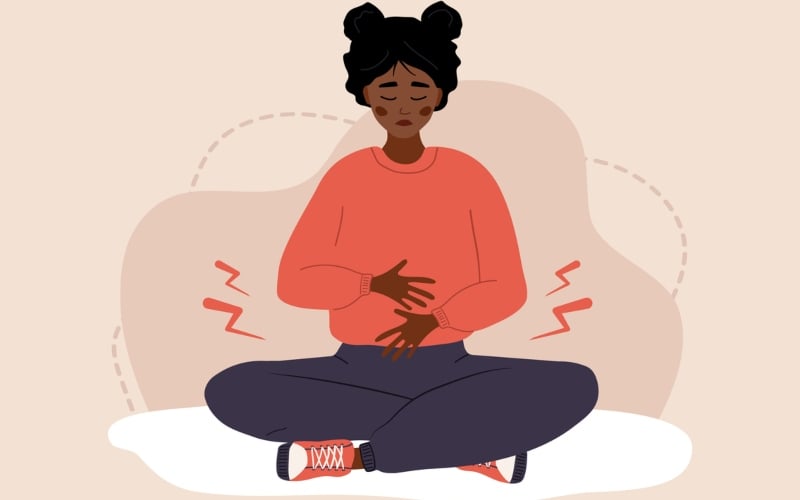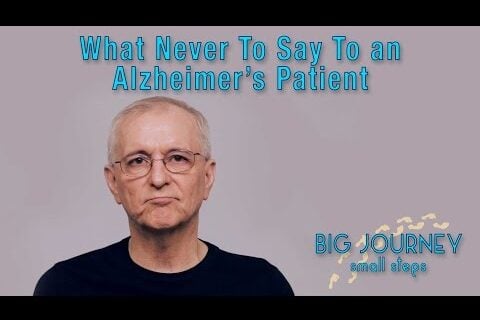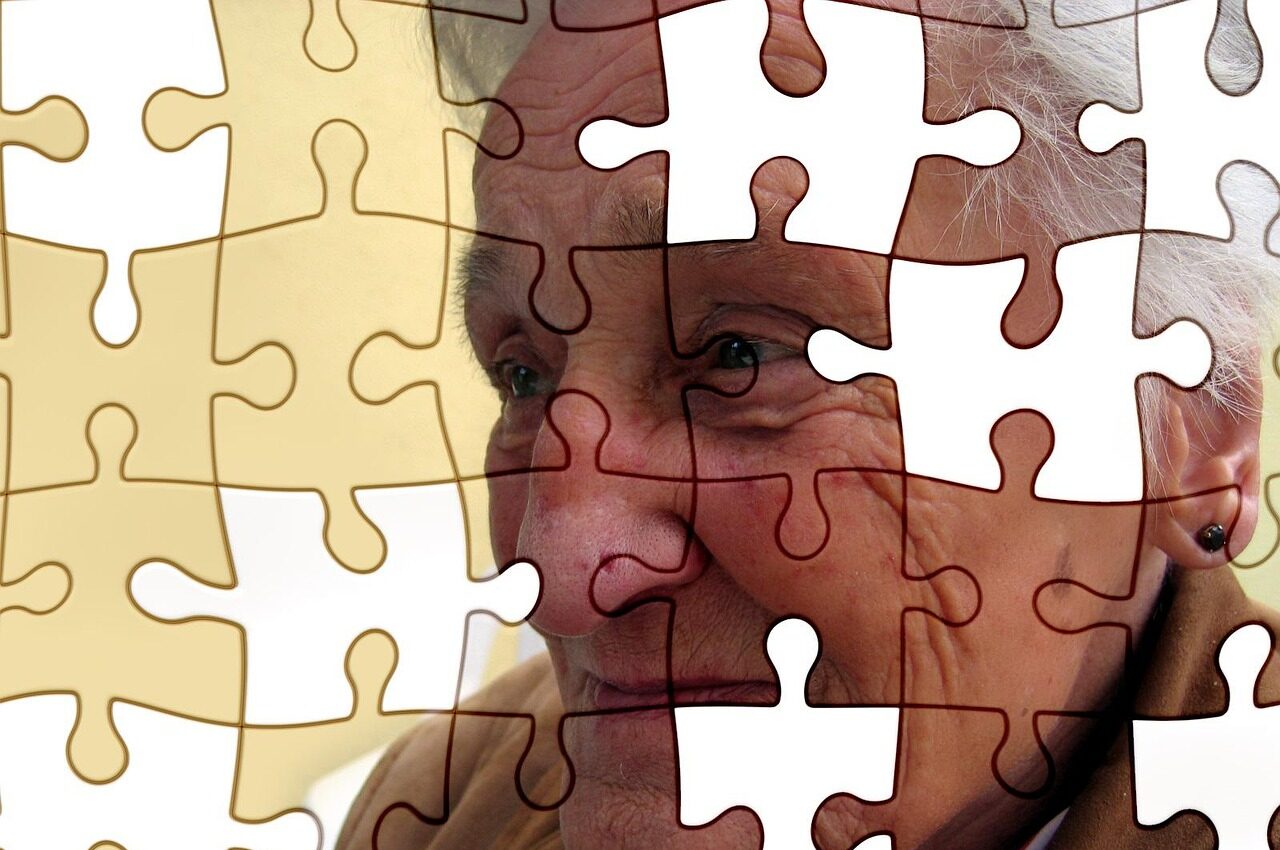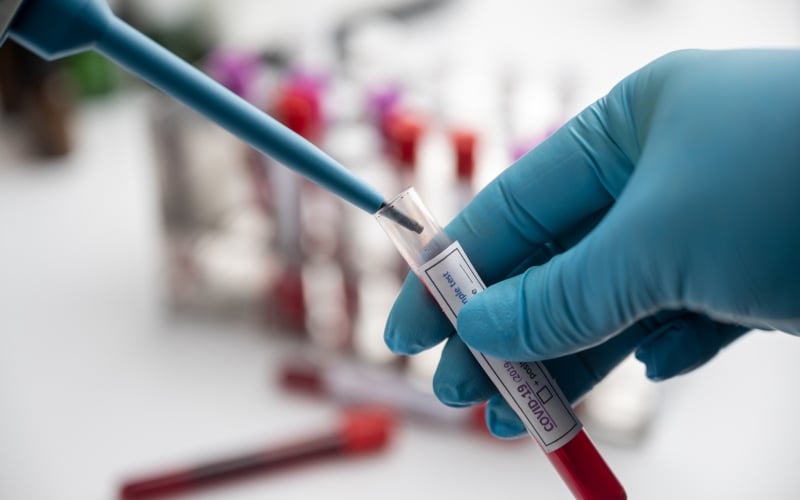Everyone experiences a feeling of fear, dread, or uneasiness at some point in their life. For example, you might feel anxious about a final exam, first date, or job interview. These temporary bouts of anxiety are usual and usually don’t last long. However, when these anxious feelings persist for longer than two weeks and begin to impact your daily life, it may indicate an underlying condition known as anxiety.
What is Anxiety?
Experiencing occasional anxiety is a normal part of life. However, people with anxiety disorders frequently have intense, excessive, persistent worry and fear about everyday situations. Often, anxiety disorders involve repeated episodes of sudden feelings of severe anxiety and fear or terror that reach a peak within minutes (panic attacks).
These feelings of anxiety and panic interfere with daily activities, are difficult to control, are out of proportion to the actual danger, and can last a long time. You may avoid places or situations to prevent these feelings. Symptoms may start during childhood or the teen years and continue into adulthood.
What is Depression?
The definition of depression is a mental state that varies from person to person. However, most people will agree that depression is a feeling of sadness, emptiness, or hopelessness. Depression can affect your outlook on life and cause you to lose interest in activities that used to bring you pleasure and joy. Depression is triggered by an external event, such as the death of a loved one, divorce, or job loss. However, in some cases, it is triggered by an internal affair, such as a chemical imbalance in the brain. Researchers have identified a link between anxiety disorders and depression.
Why Does Anxiety Cause Depression?
Although anxiety and depression are two different conditions, they sometimes go hand in hand. Research suggests that people who have anxiety are more likely to develop depression. People who suffer from anxiety disorder experience symptoms like racing thoughts, racing heartbeat, insomnia, and restlessness. Some of the most common causes of anxiety, such as the death of a loved one, divorce, financial problems, health problems, and job loss, can also lead to depression.
How to Identify If You’re Suffering From Anxiety Or Depression?
There is no quick and easy way to determine if you are facing depression or anxiety. But here are some physical and mental signs of anxiety and depression.
Mental markers of anxiety may include:
- Worry about the immediate or long-term future.
- Thinking about a problem over and over again and being unable to stop.
- Wanting to escape a situation.
Physical signs of anxiety may include:
- Difficulty falling asleep and staying asleep due to thoughts.
- Increased heart rate, trembling, sweating, and muscle tension.
The feelings of depression are more than just sadness. Those with depression may not worry about what might happen in the future but may feel they already know and believe it will be wrong. They can’t imagine a different scenario or a way of preventing the negative outcome.
Mental markers of depression may include:
- Feelings of hopelessness and/or helplessness and worthlessness.
- Thinking about death or suicide due to a persistent belief that life isn’t worth living or they are just a burden to others.
Physical symptoms of depression may include:
- Changes in appetite — weight loss or weight gain unrelated to diet.
- Difficulty concentrating or making decisions.
- Loss of interest or pleasure in activities they once enjoyed.
Tackling The Root Cause Of Your Anxiety to Relieve Depression
It is essential to understand that while the medication is an effective way to manage anxiety or depression, it is not a long-term solution. The best way to tackle anxiety or depression is to tackle the source of it. You can do this by journaling, speaking with a therapist, and practicing self-care. Journaling is the best way to get to the root of your anxiety or depression. When you write about your feelings, you open yourself up to self-exploration.
A therapist can help you explore the underlying cause of your anxiety or depression. Self-care is essential because it enables you to focus your energy on yourself.
—
This post was previously published on medium.com.
***
You may also like these posts on The Good Men Project:
 White Fragility: Talking to White People About Racism
White Fragility: Talking to White People About Racism  Escape the “Act Like a Man” Box
Escape the “Act Like a Man” Box  The Lack of Gentle Platonic Touch in Men’s Lives is a Killer
The Lack of Gentle Platonic Touch in Men’s Lives is a Killer  What We Talk About When We Talk About Men
What We Talk About When We Talk About Men —
Photo credit: iStockPhoto.com
The post How Does Anxiety Causes Depression? appeared first on The Good Men Project.
Original Article










